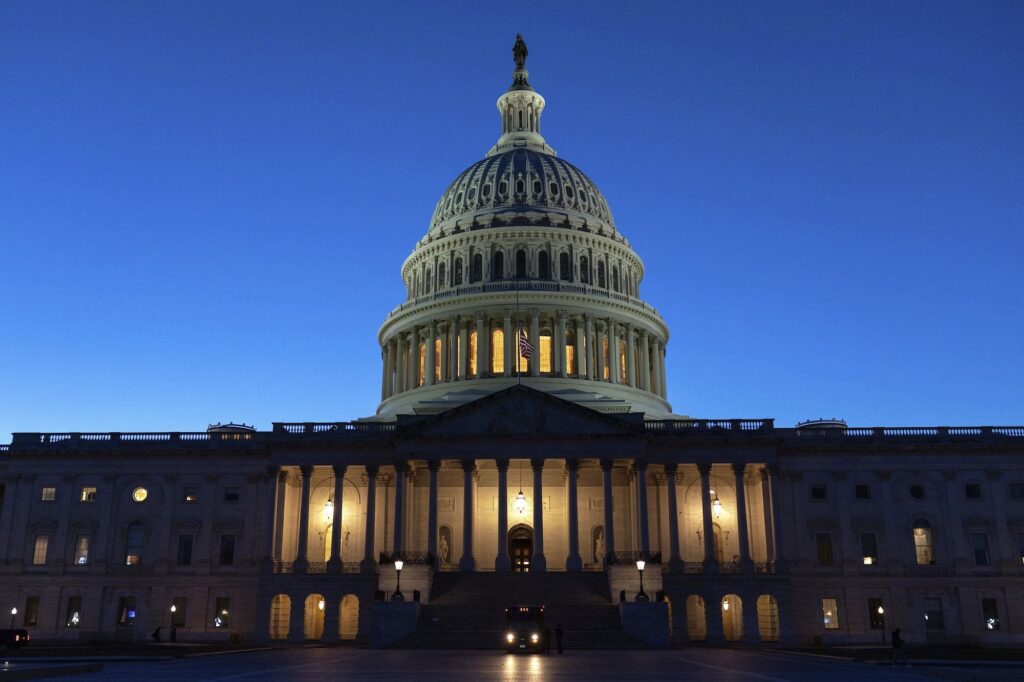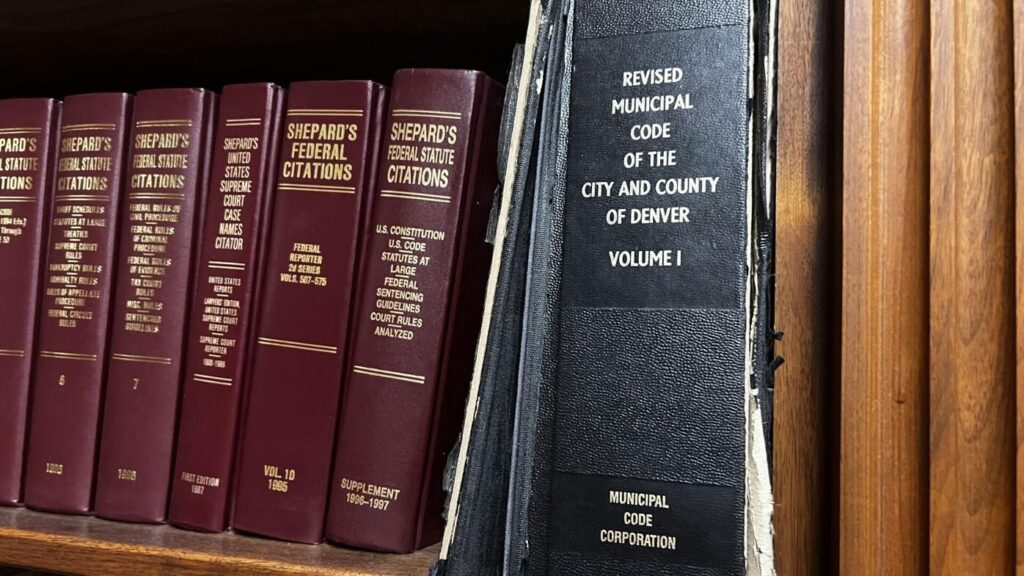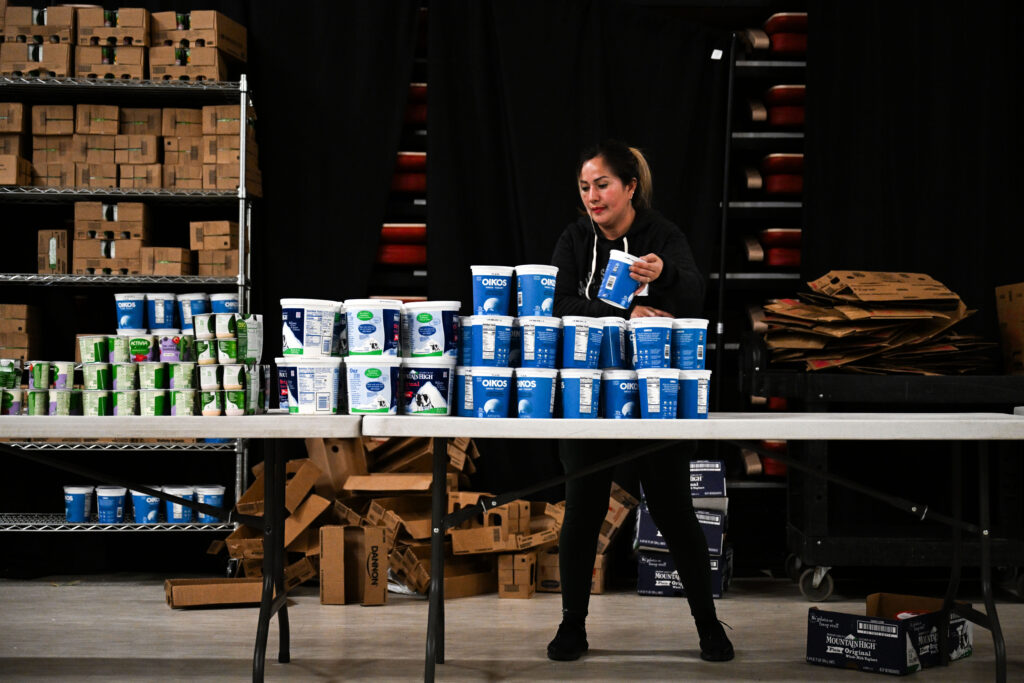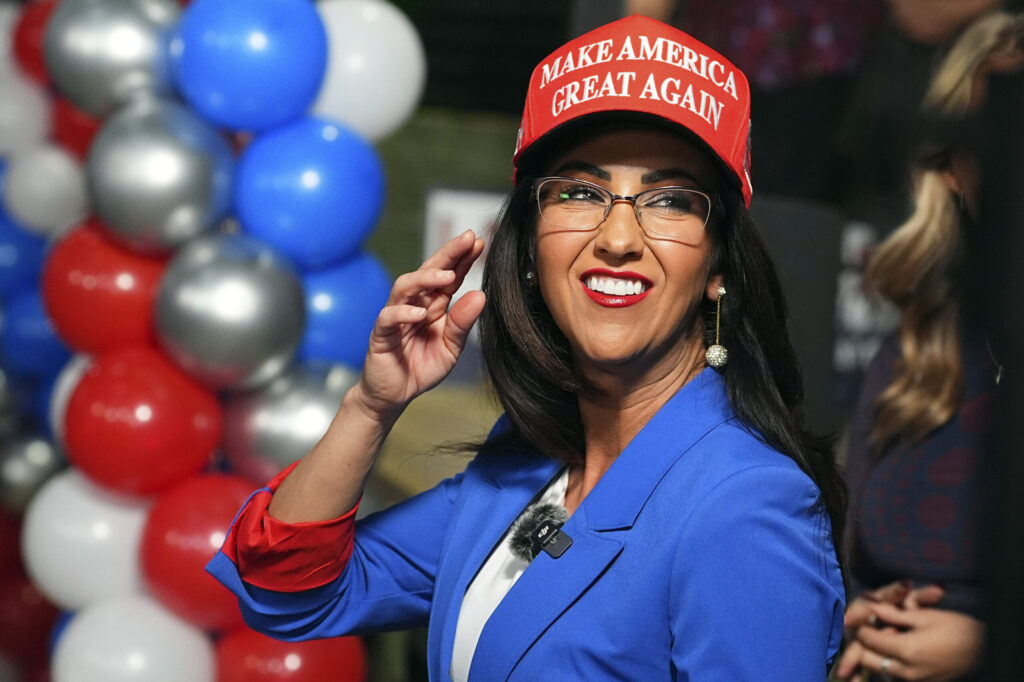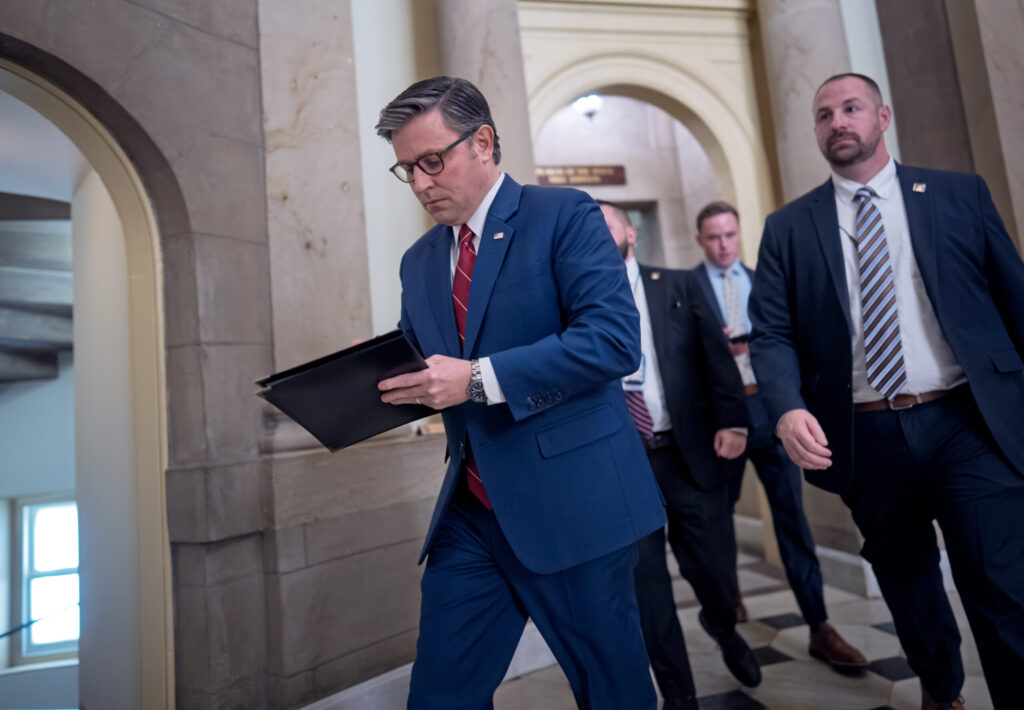Public health to get 4% of Denver’s $1.49 billion 2022 budget proposal

(AP Photo/David Zalubowski)
The Denver Department of Public Health and Environment is set to receive just over 4% of the $1.49 billion proposed city budget for 2022, the department presented Monday.
This works out to $62.16 million spent on public health, with $28.35 million for the department directly and $33.81 million for payments to Denver’s poison center, public health clinics, medically indigent programs and Denver Cares.
The public health budget is beat by the funds delegated for public safety (39%), transportation and infrastructure (10%), finance (7%), technology services (6%) and parks and recreation (6%).
Following the public health department’s spending proposal on Monday, the City Council will propose amendments to the budget this month and approve the revised budget in early November before it can be implemented.
Denver City Council makes scathing proclamations against two ballot initiatives
The department’s $28.35 million budget cut is a $9.96 million increase from 2021 — the largest annual increase since at least 2019 and nearly double the department’s $15.3 million budget that year.
Of the $9.96 million increase, nearly 50% would fund services and supplies, 38% would fund personnel and the rest would fund internal services and equipment. This includes over $3 million to transfer public health programing from Denver Public Health back to the city.
“It’s the structure that we’ve had for 25 years now that, I think, lends towards errors, towards mistakes, towards risk for the city and risk for those that we service,” said Bob McDonald, executive director of the department, of the transfer.
McDonald said moving the services — including epidemiology, data informatics, public health nursing and vital records — back to the city will make the services more seamless and efficient.
Denver City Council considers over $22 million in additions to 2022 city budget
The $3 million would fund the transfer’s required 23 new full-time employees: 13 in strategic planning and administration, nine in public health investigations and one in community and behavioral health.
Another $1 million would expand Denver’s STAR (Support Team Assisted Response) program, which sends mental health clinicians and paramedics to low-level, nonviolent emergency calls in some parts of the city. McDonald said he hopes for the program to be city-wide by the end of 2022.
Just under $700,000 would be spent on hiring eight new full-time employees to support increased public health inspections, including state-mandated school inspections and Denver’s newly passed ordinances regarding long-term rental licenses and massage parlor business licenses.
Other spending plans include $340,000 to Denver Animal Protection for four full-time staffing positions, $314,000 for Community and Behavioral Health and administration resources and $267,000 to the Office of Medical Examiner to convert three on-call positions to full-time.









